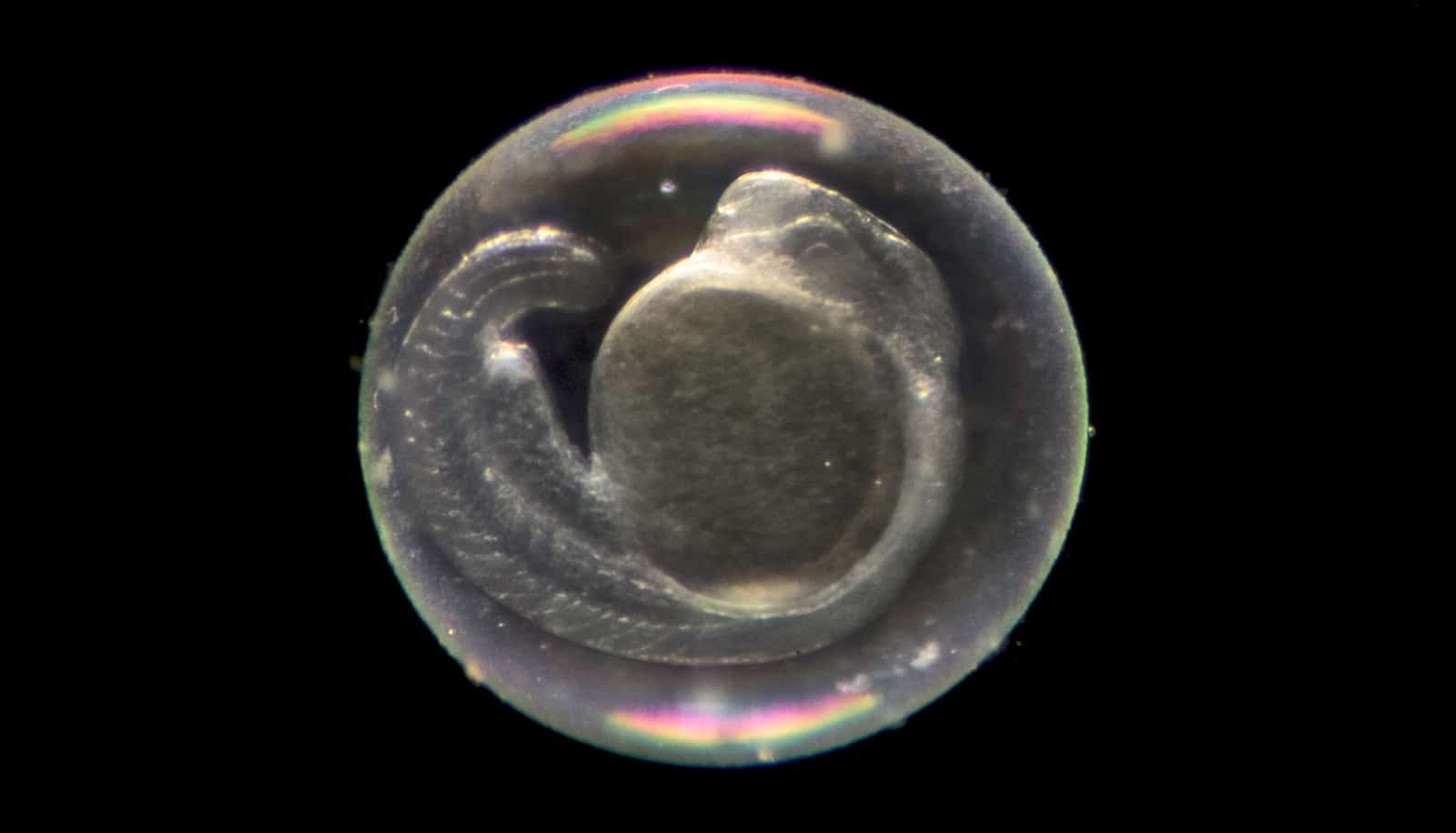New research indicates that embryonic tissue, key to the development of a baby’s sex, could contribute to an enlarged prostate in men later in life.
It’s estimated that up to 90 percent of older men experience BPH, or benign prostatic hyperplasia, which can severely affect quality of life.
“During development, both male and female embryos start out having certain fetal tissue called the Müllerian duct mesenchyme,” says Jose Teixeira, professor of reproductive biology in the Michigan State College of Human Medicine and lead author of the study. “Human male embryos need to get rid of this tissue typically between 7 to 10 weeks after conception or else they will develop a uterus.”
According to Teixeira, his latest findings clearly show that some of this tissue remains in male mice and contributes to cells where the prostate is located.
“No one really has known the origin of this disease,” Teixeira says. “But we now have early clues that this remnant tissue in the mice becomes part of the tissue that would go on to develop an enlarged prostate.”
Prostate trouble? Go to the dentist
Teixeira and his team also found that a malfunctioning tumor-suppressing gene that’s associated with certain cancers, such as colon and pancreatic, known as Stk11, additionally influenced the development of BPH.
“By altering the Stk11 gene, the number of cells in this embryonic tissue multiplied above what is needed and caused the prostate tissue surrounding the urethra to grow,” Teixeira says.
This overgrowth of tissue is what he indicated could cause the lower urinary tract symptoms, such as difficulty urinating, in older men with the disease.
“Most drugs or procedures on the market today just treat the symptoms, not the disease itself,” Teixeira says. “Our study could open up a whole new pathway for targeted treatments to help shrink the prostate tissue or stop it from growing further.”
Before this can happen though, Teixeira says that his team will first have to determine whether the Stk11 gene or the other genes and proteins it controls are similarly affected in the human form of BPH.
The National Institutes of Health funded the research, which appears in the Proceedings of the National Academy of Sciences.
Source: Michigan State University



